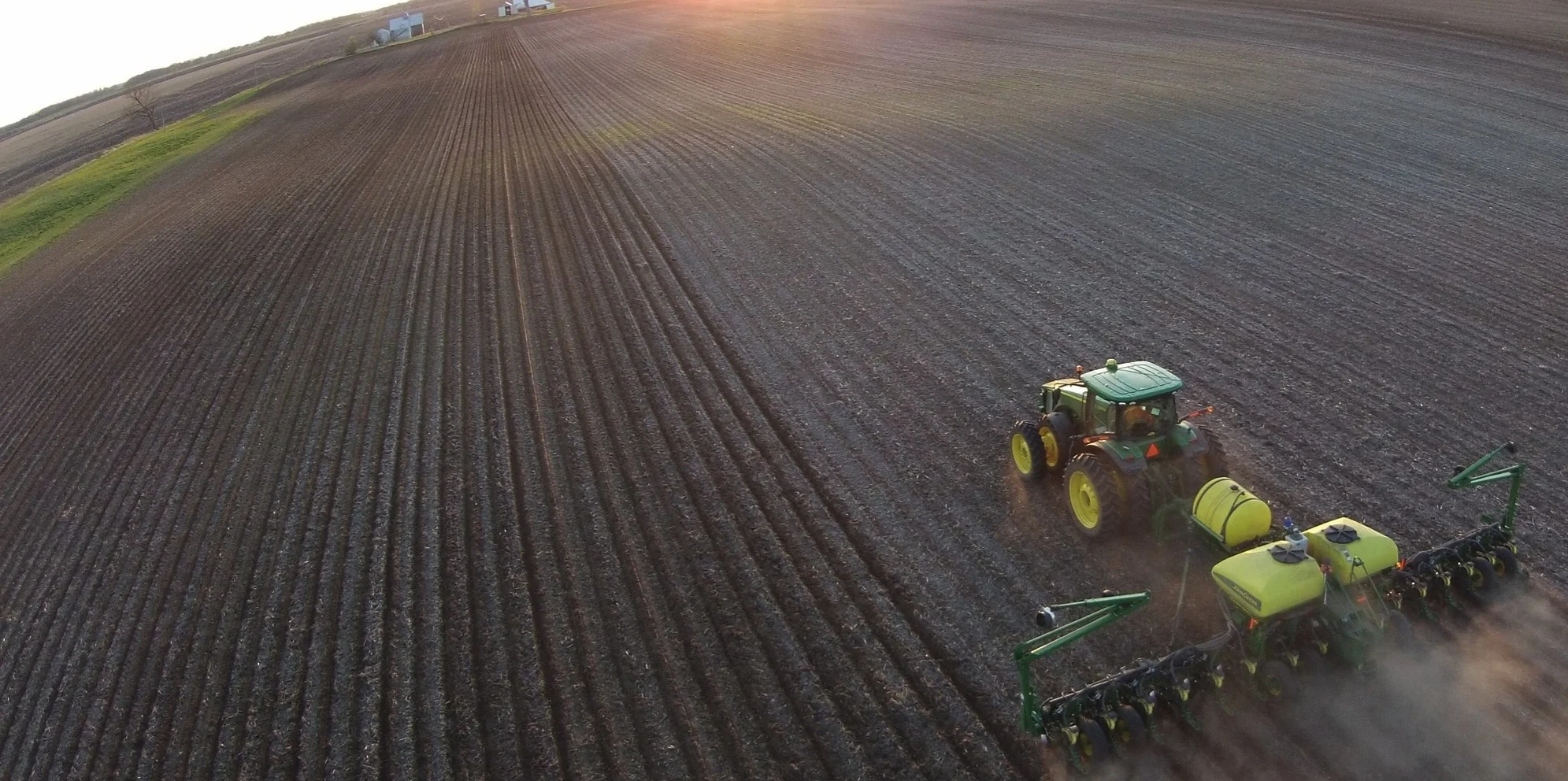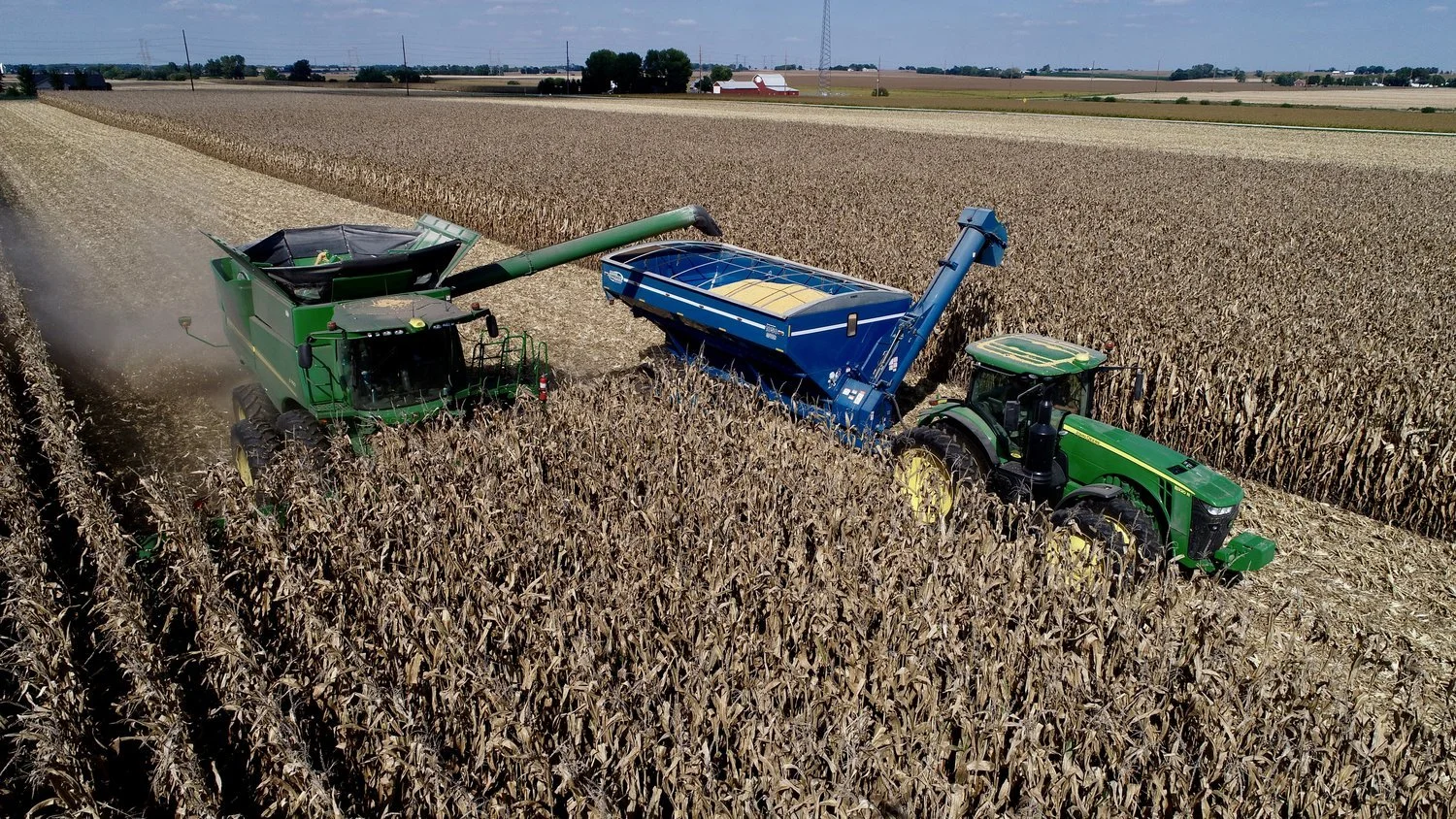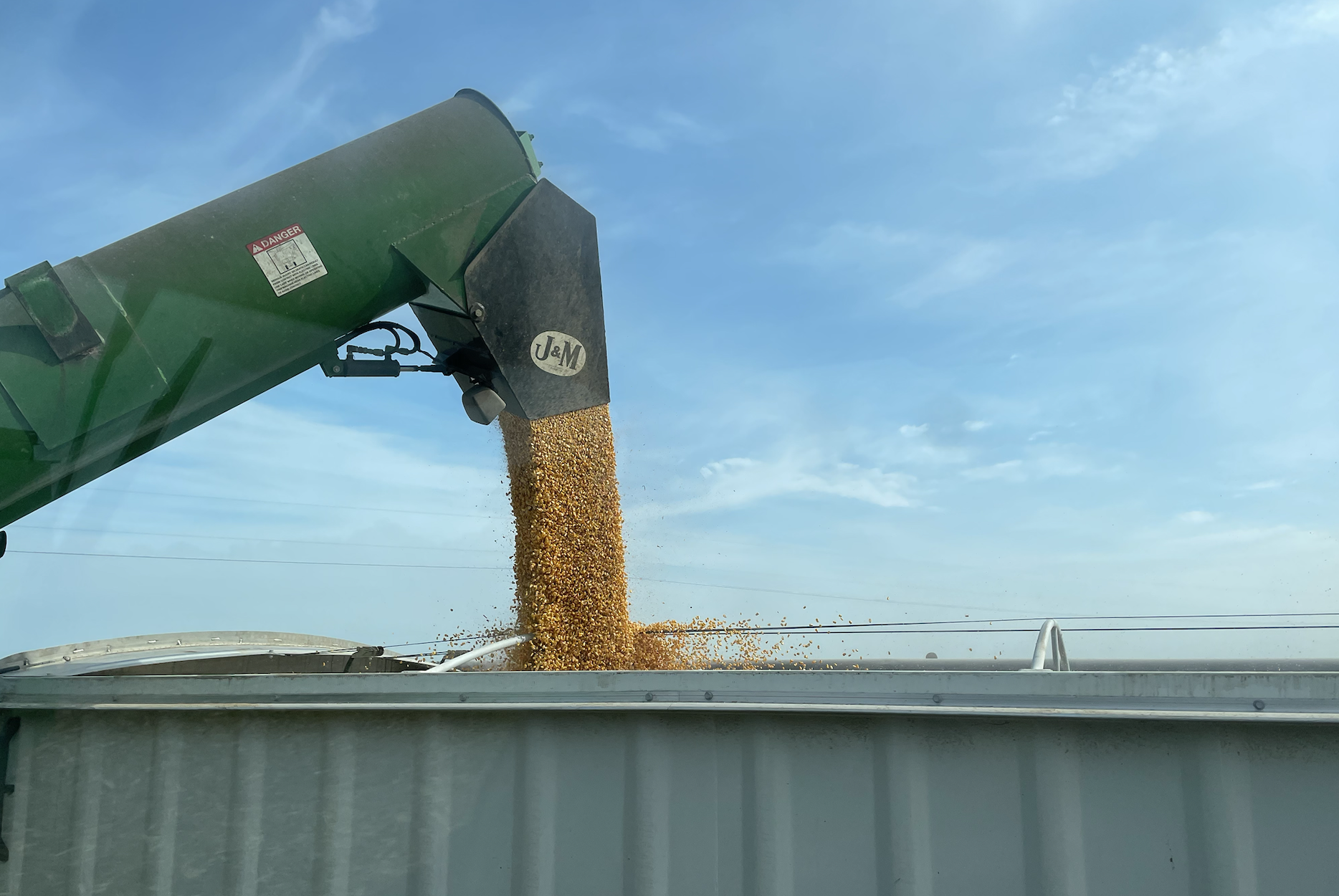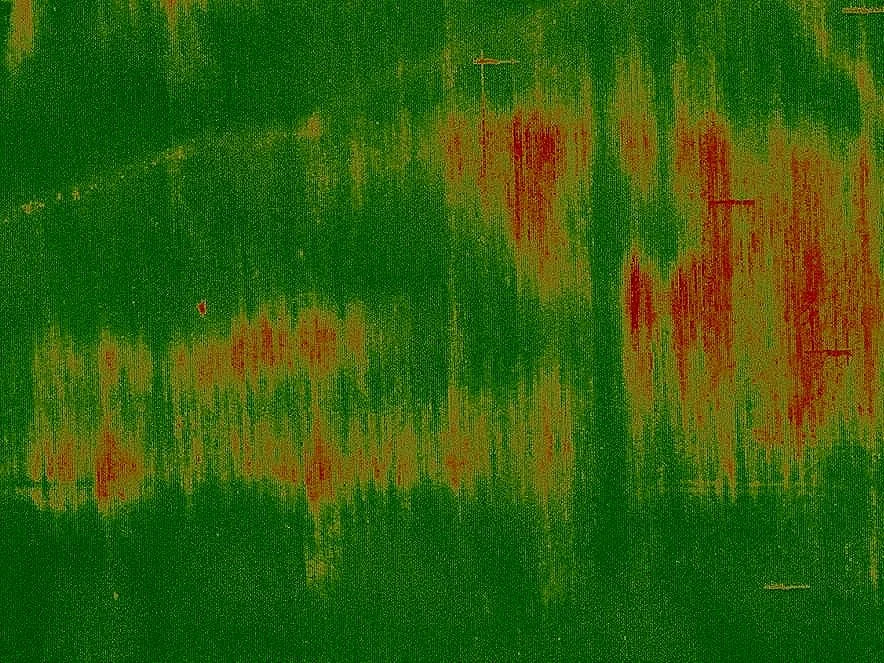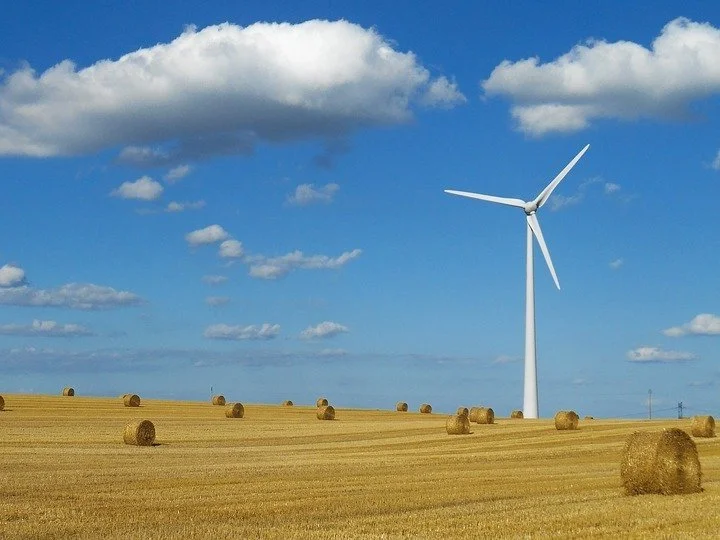The Agricultural Data Act of 2018
/Senators Amy Klobuchar and John Thune have introduced Senate Bill 2487, the "Agricultural Data Act of 2018." The bill seeks to streamline ag data collection within USDA to make it more centralized and easily accessible to land grant universities and other organizations for research. Here's a closer look.
The bill states that its purpose is "to increase the knowledge of how covered conservation practices or suites of covered conservation practices impact farm and ranch profitability (such as crop yields, soil health, and other risk-reducing factors) by using an appropriate collection, review, and analysis of data." In other words, the bill intends to help analyze conservation practices to determine how they impact farm profitability and soil health.
What data will be collected?
The bill focuses on data related to “covered conservation practices,” which are practices designed to protect soil health, farm and ranch productivity, or both, while maintaining or enhancing crop yields. The bill also mentions data related to risk avoidance, which I assume means crop insurance.
How will data be collected?
The data will be collected from two sources, from existing government sources and from private individuals. The bill instructs the USDA to begin collecting and aggregating data from various divisions within USDA, including the Farm Service Agency, the Risk Management Agency, the Natural Resources Conservation Service, the National Agricultural Statistics Service, the Economic Research Service, the Forest Service. This is data the USDA already has, but it is decentralized and not easily accessible from one division to another.
USDA is also instructed to collect “producer data, baseline data, or other data” related to the impacts of covered conservation practices. This would be new data the USDA does not already have, at least not in a readily accessible digital format.
How will data be used by USDA?
According to the bill, USDA will establish a “conservation and farm productivity data warehouse” in order to make the data collected available to academic institutions and other researchers.
USDA will also conduct its own research using data collected to consider the impacts of covered conservation practices on crop yields, soil health, and farm profitability.
Will farmers' privacy be protected?
The bill requires USDA to establish procedures for protecting the confidentiality of producer data. Such procedures must include prohibiting “the sale of individual producer data” and requiring that “any published research release only aggregated data.” There are no further protections built into the bill, such as mandatory anonymizing of collected data.
How will farmers benefit?
The bill promises that farmers will have access to "internet-based tools" within 3 years that will provide confidential data specific to each farm, and general data relating to the impacts of covered conservation practices on yield, soil health, and farm profitability. In theory, this will help farmers make better decisions regarding conservation practices.
Concluding thoughts
The Ag Data Act does not contain the type of specifics I am used to seeing in ag data contracts, so I cannot determine exactly what information will be collected, how USDA will get it, and who will be able to use it. Those specifics will have to wait for the agency to better flush out. It certainly makes sense to me that USDA work to standardize and aggregate internal data collection across all parts of the agency. If federal funds are being used to support certain conservation practices, we should know if those practices improve soil health and impact farm profitability by looking at the data.
Regarding the creation of a central USDA data warehouse, I'm not so sure this is necessary to achieve USDA's goals. You do not need to have all ag data sitting in a central repository in order to use it. Perhaps it would be easier to use existing, cloud-based private ag tech providers to collect and report the information that USDA needs in order to evaluate conservation practices. Such reporting could be voluntary with individual farmers' consent. To make sure USDA collects enough data, it could tie conservation data reporting to USDA funding for conservation. I think plenty of farmers would sign up.
Of course, the Ag Data Act is just a bill at this time and may never go any further. But I think it is inevitable that USDA goes further down the road of collecting and using ag data to improve farm support programs.

